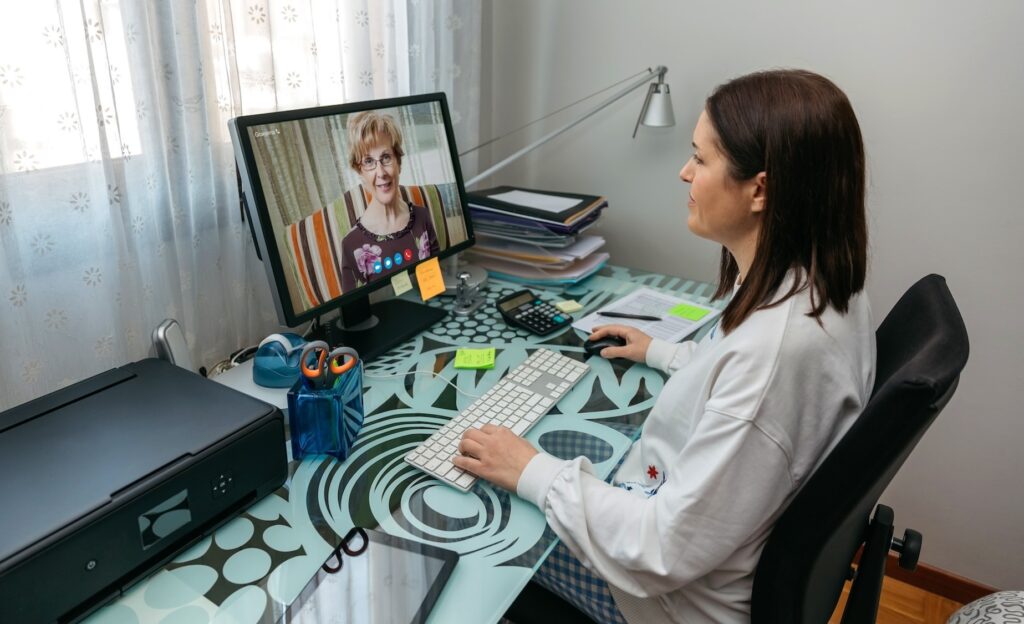
Written By: Jeni Gentry, Crescent Moon Advanced Clinical Intern
Perimenopause is a period of life that half the population goes through, yet we don’t often talk about it. Some women associate perimenopause with a loss of femininity or feel shame for the aging process. Some women are not even aware of what perimenopause is and how it can impact their mental and physical health. By openly discussing the changes our bodies go through, we can normalize this process and help make the transition easier for ourselves and others.
What are perimenopause and menopause?
-
Perimenopause
- WHO defines perimenopause as the 2-8 year time frame preceding menopause and the year after final menses
-
Natural Menopause
- 12 consecutive months without menses without an intervening cause
-
Premature menopause
- Happens before the age of 40
- Can be induced by surgical removal of ovaries/uterus
- Can be induced by medical treatments like chemo or radiation
What are the symptoms of perimenopause?
- Irregular Periods
- Hot Flashes and Night Sweats (Vasomotor symptoms)
- Mood Changes
- Vaginal Dryness
- Sleep Disturbances
- Other Symptoms: Fatigue, headaches, muscle and joint pain, changes in libido, memory and concentration difficulties.
Perimenopause can carry cultural, personal, and society connections and these can all influence mental health. In some cultures, perimenopause can signify the beginning of a new role in life and relief at the end of reproductive years. In other cultures, particularly in the U.S., perimenopause can signify the beginning of the loss of fertility, youthfulness, and identity.
Perimenopause and Mental Health:
-
Hormonal Flux
- Estrogen receptors are found throughout the brain, and estrogen also has effects on the brain neurotransmitter systems.
- Estrogen has been shown to increase serotonin levels
-
Complex time of life
- Caring for aging parents
- Parenting adolescents
- Prime of career
There are many therapeutic strategies to help during this life transition:
-
Cognitive Behavioral Therapy
- Helps to identify and change negative thought patterns and behaviors that contribute to anxiety and depression associated with perimenopause
- Can be particularly helpful for managing symptoms like hot flashes, sleep problems and mood changes
-
Mindfulness-based Interventions
- Focus on cultivating present-moment awareness and acceptance of thoughts and feelings
- Techniques like mindfulness meditation and yoga can be beneficial for managing perimenopause related anxiety and stress
-
Group Therapy
- Offers a supportive environment to share experiences and learn from others navigating similar challenges
Perimenopause brings hormonal, menstrual, and physical changes. In addition, the impact of those changes can be influenced by the cultural and social factors in a person’s life. If you are struggling with symptoms of perimenopause, consider working with a therapist who can help you navigate this complex period of time. Together you can challenge negative perimenopause narratives and help find strategies that are unique to your personal journey.


